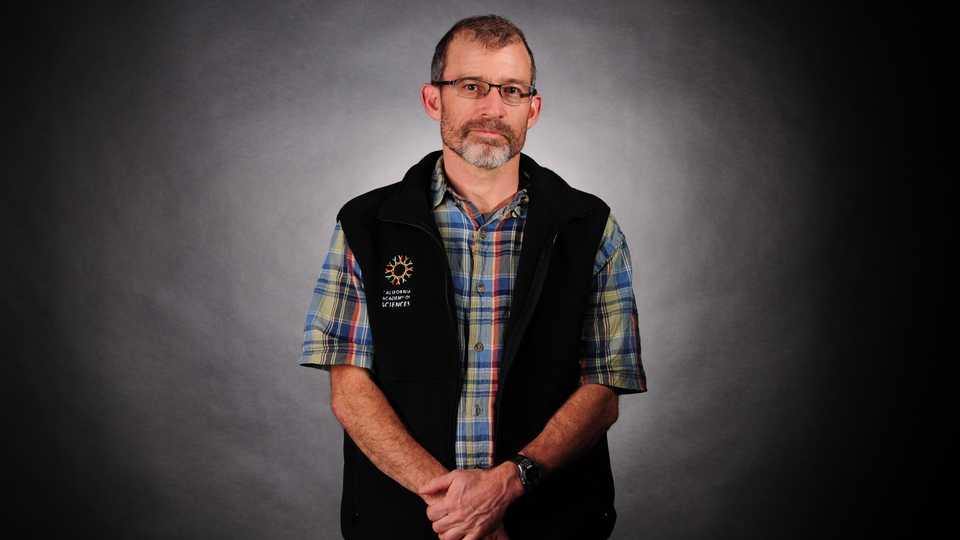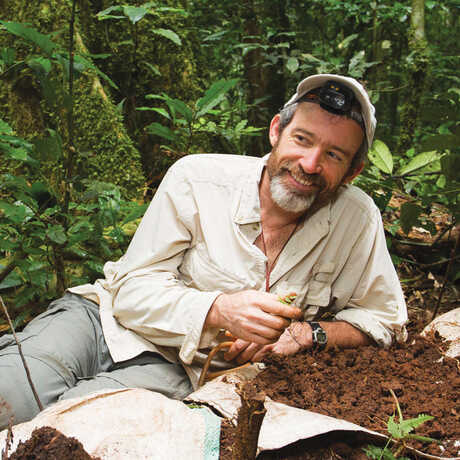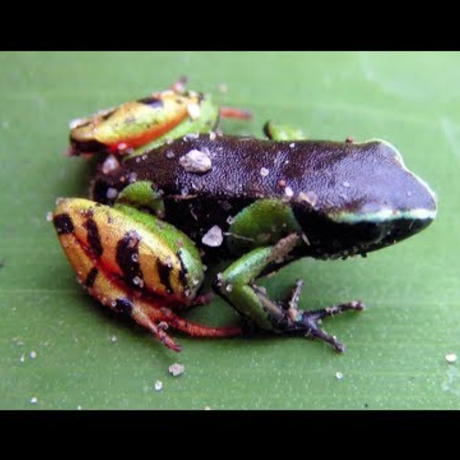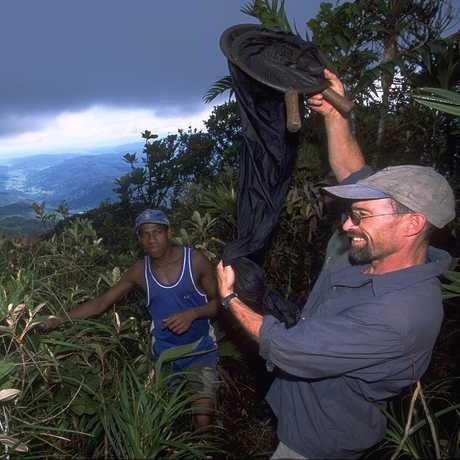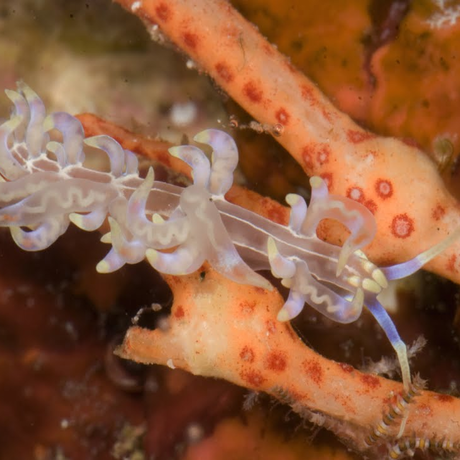Yes, when in the field, I do come face to face with potential dangers. There was an ant specimen on the highest mountain in Angola that had last been collected in 1905. When I returned recently, the military was limiting access to the area. They demanded papers, special police, and government permits. It was intense. So I decided to hitchhike on trucks and walked on foot the last 120 miles with a backpack and camera. But no food! Luckily, I encountered friendly people in remote communities. These places had been untouched by the changes in modern society over the last 40 years. At last, I reached the top of the mountain. While I collected many specimens, I never did find the original species of Angolan ant that inspired the entire journey.
